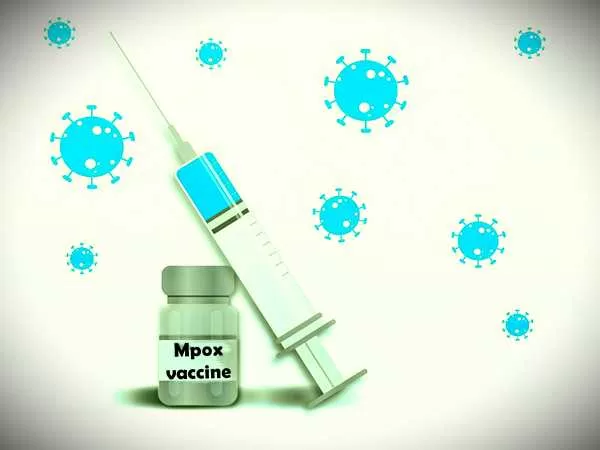On Wednesday, a key meeting will take place as independent experts appointed by the World Health Organization (WHO) convene virtually to address the escalating mpox outbreak in Africa. The primary focus will be on determining whether the situation qualifies as a Public Health Emergency of International Concern (PHEIC). This decision could significantly influence global strategies for managing and mitigating the spread of the disease.
Urgent Review of Mpox
The expert committee will provide recommendations to WHO Director-General Tedros Adhanom Ghebreyesus regarding the potential designation of mpox as a PHEIC. This classification would signify a global health emergency, prompting international organizations to take enhanced measures to control the outbreak. The experts will assess current data, review the progression of the disease, and offer guidance on necessary actions.
In response to the growing crisis, the WHO has recently opened the door for vaccine manufacturers to apply for emergency licenses. These licenses would enable organizations such as UNICEF and Gavi, the Vaccine Alliance, to procure and distribute vaccines globally. This move aims to address the urgent need for vaccine access in affected regions.
Current Vaccine Efforts
As of August 9, the WHO confirmed that vaccine manufacturers can now apply for emergency licensing. This step follows a recent shipment of 15,000 doses of the Bavarian Nordic vaccine to the Democratic Republic of the Congo (DRC), where the majority of mpox cases have been detected.
However, the situation remains critical. The Africa Centres for Disease Control and Prevention (Africa CDC) has highlighted the dire need for a significant increase in vaccine supplies. The agency has called for global solidarity, emphasizing that the region requires 10 million vaccine doses but currently has access to only 200,000. This discrepancy underscores the urgent need for coordinated international support.
Spread and Impact
Mpox has now been reported in at least 13 African countries this year. Recently, four nations—Burundi, Kenya, Rwanda, and Uganda—have reported cases for the first time. The outbreak has resulted in 17,541 confirmed and suspected cases, with 517 deaths reported thus far in 2024. The emergence of a more virulent strain of the virus, which has spread from the DRC to neighboring countries, has heightened concerns among health experts.
Renaming Monkeypox to Mpox
The World Health Organization’s decision to rename monkeypox to mpox reflects a commitment to reducing stigma and improving public perception. The original name carried racial connotations and contributed to discrimination against those affected by the disease. Additionally, while monkeypox was first identified in monkeys, the virus is believed to originate in rodents. The name “mpox” aims to address these issues and promote a more accurate understanding of the disease.
Understanding Mpox
Mpox is caused by the monkeypox virus, a member of the orthopoxvirus genus and a relative of the smallpox virus. The virus primarily spreads through close contact with infected individuals or animals, and the disease is marked by symptoms similar to those of smallpox.
Currently, there is no specific treatment for mpox. Most individuals recover on their own within a few weeks with supportive care, which includes managing pain and fever. Healthcare providers focus on alleviating symptoms and providing comfort during recovery.
Mpox typically lasts 2-4 weeks. While the disease is generally not life-threatening, severe cases can occur, particularly in individuals with weakened immune systems. Good hygiene practices, including regular showers, are essential for managing symptoms and maintaining health.
Vaccines are available for preventing mpox, though availability may vary depending on the region and the specific strain of the virus. It is important to consult with healthcare providers to get the most current information on vaccine options and recommendations.
How to Prevent Mpox?
To reduce the risk of mpox, individuals should:
- Avoid close contact with anyone exhibiting a rash resembling mpox.
- Practice good hand hygiene by frequently washing hands with soap and water.
- Use condoms and other barrier methods during sexual activity.
- Avoid contact with infected animals and their raw meat.
Path Forward
As the WHO experts meet to evaluate the global response to the mpox outbreak, the world watches closely. The potential declaration of a PHEIC could lead to heightened international efforts to combat the disease and enhance vaccine distribution. The urgency of the situation calls for collaborative action to address the crisis and prevent further spread of mpox.
The renaming of monkeypox to mpox represents a step towards reducing stigma and fostering a more accurate understanding of the disease. As we navigate this public health challenge, continued vigilance, support, and global cooperation will be crucial in managing and eventually overcoming the mpox outbreak.

